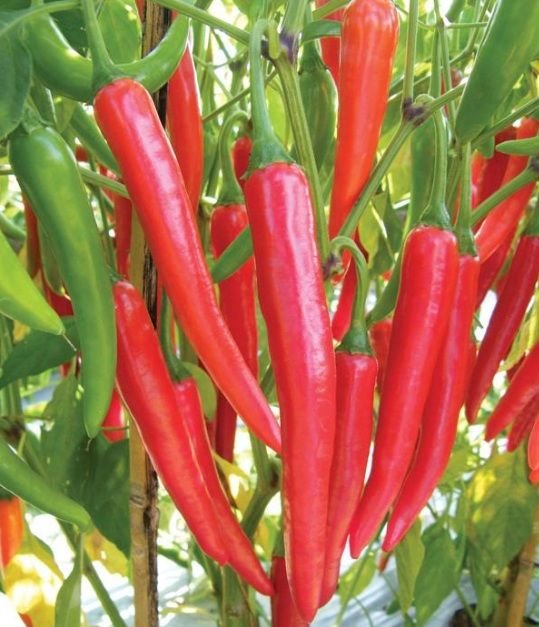Cultivating Success: A Guide to Marketing Agriculture in the Modern Age
Marketing Agriculture For generations, agriculture has thrived on its ability to connect with consumers through fresh, high-quality products. However, in today’s dynamic and competitive landscape, simply growing great food isn’t enough. Marketing agriculture has become an essential tool for farmers, producers, and agribusinesses of all sizes to reach their target audiences, build brand loyalty, and ultimately, cultivate success.
Understanding the Landscape: Who Are You Reaching?
Before diving into specific marketing strategies, it’s crucial to understand who you want to reach. The agricultural marketing landscape is diverse, encompassing:
Farmers and producers: Selling directly to consumers through farmers markets, CSAs (Community Supported Agriculture), or farm stands.
Agribusinesses: Marketing inputs like seeds, fertilizers, and equipment to farmers.
Food and beverage companies: Sourcing raw materials from producers and marketing finished products to consumers.
Non-profit organizations: Promoting sustainable agriculture practices, advocating for farmers, and raising public awareness.
Each segment has unique needs and expectations, so tailoring your marketing approach is essential.
Key Strategies for Growth: Planting the Seeds of Success
1. Storytelling Marketing Agriculture:
Consumers crave authenticity and connection. Share the story behind your farm, your values, and your passion for agriculture. Showcase your commitment to quality, sustainability, and ethical practices through compelling visuals, engaging narratives, and social media content.
2. Building a Brand Marketing Agriculture:
Create a distinct and memorable identity that resonates with your target audience. This includes developing a logo, tagline, and consistent brand voice across all marketing channels. Remember, your brand is more than just a logo; it’s the promise you make to your customers.
3. Digital Marketing is Key Marketing Agriculture:
Embrace the power of online platforms. Develop a user-friendly website that showcases your products, tells your story, and makes it easy for customers to connect with you. Utilize social media to engage with your audience, share updates, and run targeted advertising campaigns. Explore email marketing to build relationships and promote special offers.
4. Content is King (and Queen):
Create valuable and informative content that educates and engages your audience. This could include blog posts about sustainable farming practices, recipes featuring your products, or educational videos about different crops or livestock.
5. Partnerships and Collaborations Marketing Agriculture:
Team up with other businesses, organizations, or influencers who share your values and target audience. Cross-promotion, co-branded initiatives, and joint events can expand your reach and credibility.
6. Data-Driven Decisions Marketing Agriculture:
Track your marketing efforts and analyze the results. Use website analytics, social media insights, and customer feedback to measure your success and refine your strategies for optimal effectiveness.
Embrace New Technologies Marketing Agriculture:
Explore innovative technologies like virtual reality tours, drone photography, and blockchain traceability to differentiate yourself and offer unique experiences to customers.
Don’t Neglect Traditional Methods:
While digital marketing is crucial, traditional strategies like print advertising, attending industry events, and participating in local farmers markets still hold value. Utilize a mix of both to reach your target audience effectively.
Be Authentic and Transparent:
Consumers appreciate honesty and transparency. Show them the realities of agriculture, from the challenges you face to the triumphs you celebrate. Share the good, the bad, and the in-between to build trust and foster genuine connections.
Be Patient and Persistent Marketing Agriculture:
Building a successful agricultural brand takes time and effort. Don’t get discouraged by setbacks; stay focused on your goals, refine your strategies, and remain dedicated to connecting with your audience.
Remember, marketing agriculture is not just about selling products; it’s about building relationships, sharing your passion, and contributing to a more sustainable and equitable food system. By embracing these strategies and staying true to your values, you can cultivate a thriving agricultural business that benefits both you and your community.
Additionally, consider these specific aspects of marketing agriculture in keyword research:
Location-based keywords: Targeting your local area can be highly effective, especially for farmers markets and CSAs.
Product-specific keywords: Optimize your content and advertising based on the specific crops, livestock, or products you offer.
Trend-driven keywords: Stay ahead of the curve by understanding current consumer trends in agriculture, such as organic, local, or plant-based foods.
Problem-solving keywords: Address common consumer concerns or challenges related to agriculture, showcasing how your products or services provide solutions.
By incorporating these elements into your marketing strategy, you can attract the right audience, communicate your unique value proposition, and ultimately, reap the rewards of successful agricultural marketing.





